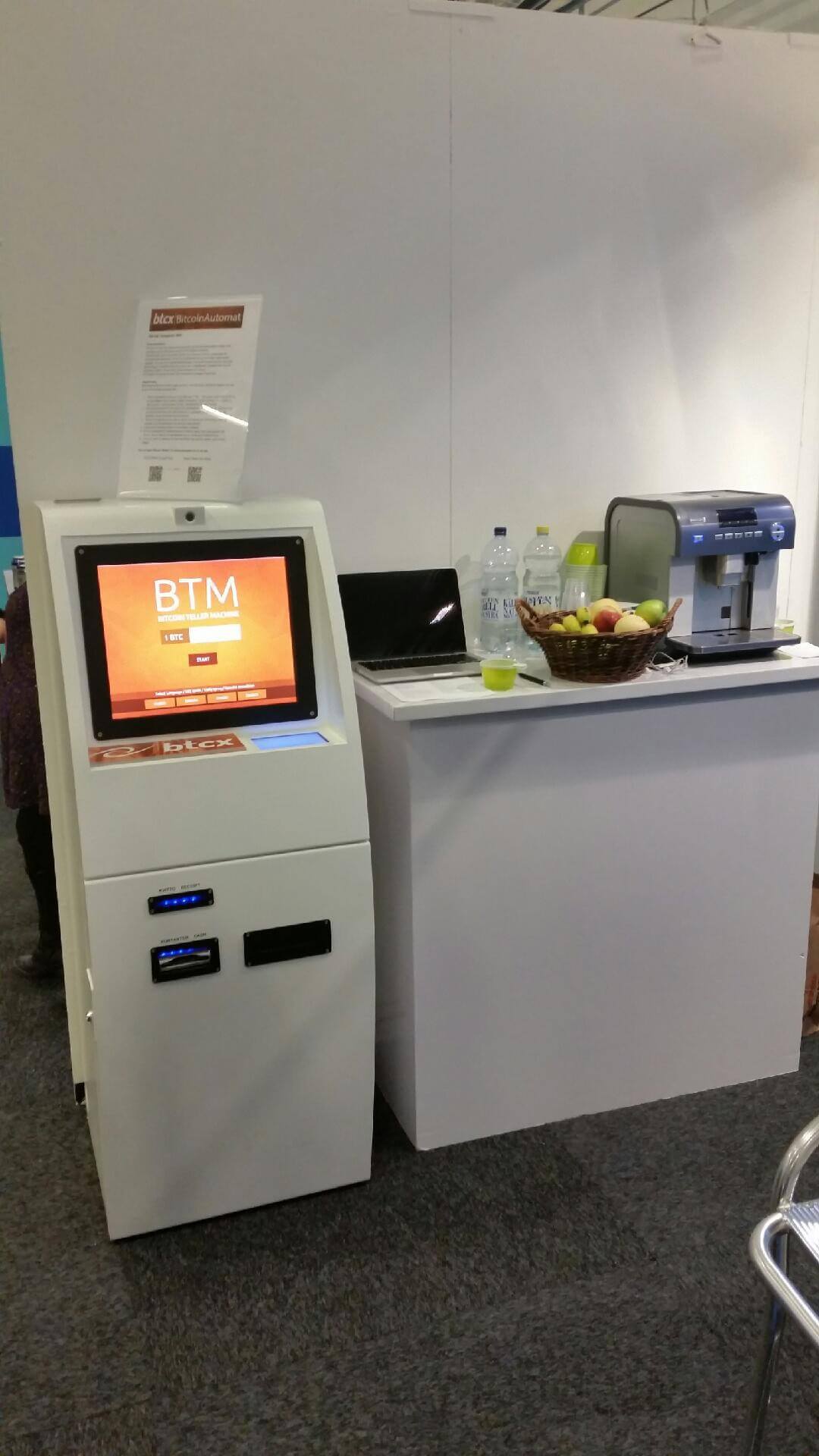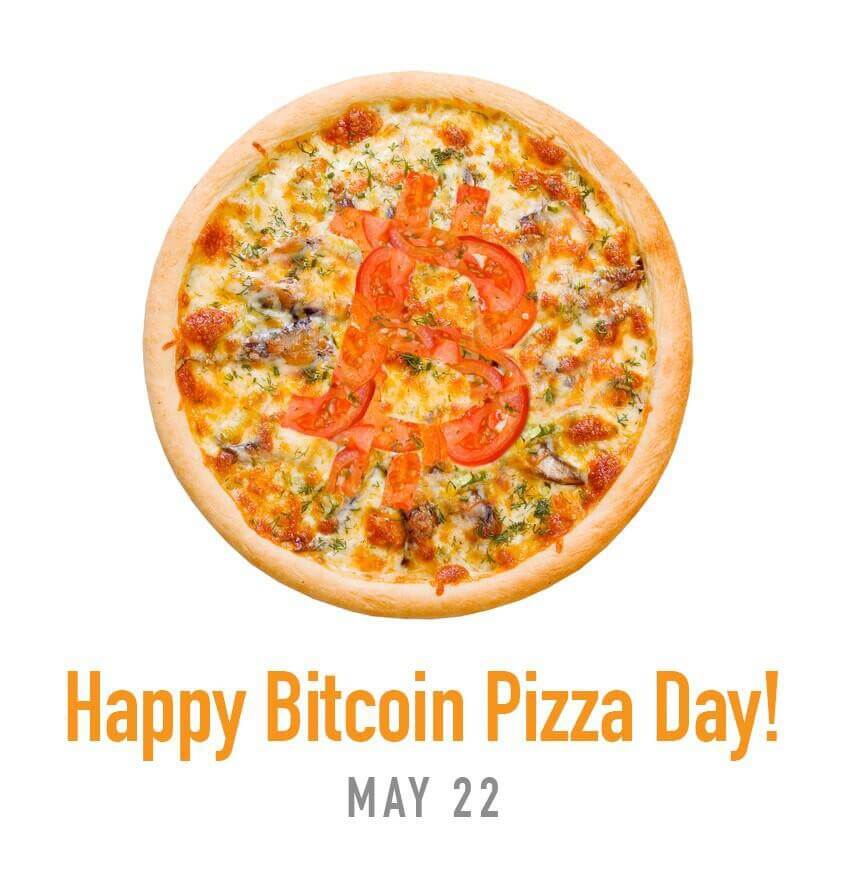Must read books on bitcoin & blockchain 2016
2016-09-08
 1. Mastering Bitcoin by Andreas Antonopoulos
1. Mastering Bitcoin by Andreas Antonopoulos
Andreas Antonopolous is one of the Jedis in the Bitcoin Galaxy. He is a Consultant to a lot of Bitcoin-based startups, he teaches Digital Currencies at the University of Nicosia, and he is the host of the Let’s talk Bitcoin podcast.
The intended audience of his “Mastering in Bitcoin”
book are coders, who can learn “how cryptocurrencies work, how to use them, and how to develop software that works with them”.
But, we have to say, that the first five chapters are adapt for noncoders too, because of their simplicity in explaining the digital money world.
2. Blockchain: Blueprint for a New Economy by Melanie Swan
Melanie Swan is the founder of the Institute for Blockchain Studies, an independent institution that aims at examining the implications of the decentralized ledger.
This book is very useful to understand how the Blockchain works and its application for the real life. The Swan’s effort is concentrated on a deep explaination of how the decentralized ledger works, before trying to investigate the Bitcoin case.
Of course Bitcoin and Blockchain are inseparable, but Swan aims at letting readers understand most of all the pratical use of the ledger, its regulation and proof-of-existence value.
“[I decided to write the book] in October 2014 when I realized that blockchains were a modernizing information technology that extends well beyond digital currencies, smart contracts, and automated Dapps, DAOs, & DACs; that blockchains mean a completely new era of the Internet with decentralized secure value transfer facilitated by algorithmic trust, not only making everything we do now more efficient, automatable, and trackable, but also opening up the possibility a much larger and truly global-scale of projects than have been possible before in hierarchical models)”, explained Swan.
3. Blockchain Revolution by Don Tapscott and Alex Tapscott
Don Tapscott talks about how the blockchain could disrupt services as AirBnb and Uber on TED.com, this is just one example of Tapscott’s ideas about the Blockchain and how this ledger is a revolutionary invention.
Tapscott himself is the author of a new book called “Blockchain Revolution”, in which he explains all the Blockchain implications and application in our daily life.
This book was released on May 10th 2016 – “Blockchain Revolution is not just the “best” book. It is the only book, significant book, on the blockchain revolution”, Don Tapscott commented. This is not true anymore since the release of The Business Blockchain (read below).
“From a broader perspective this is an advocacy book. We don’t think that the future is something to be predicted, it’s something to be achieved. Blockchain technologies hold vast potential but there are many obstacles to be overcome. The goal of the book is to explain the opportunities for businesses, industries and society to achieve prosperity, competitiveness and social justice. It’s really about book about how the second generation of the Internet (based on blockchain technologies) can change civilization for the better”.
“[We decided to write this book] Two years ago at a father son ski trip. We had already been doing research on the governance of digital currencies as part of a $4 million research project I founded on new models of global governance”, said Tapscott.
Authors will give a set of infographics about key themes in the book ,these infographics are: “Blockchain and the Music Industry”, “Blockchain Business Models”, “Overcoming Obstacles”.
To have these additional contents you need to contact [email protected].
4. Digital Gold: Bitcoin and the Inside Story of the Misfits and Millionaires Trying to Reinvent Money, by Nathaniel Popper.
Where did Bitcoin even come from? That is a fair question, and one that there isn’t actually a complete answer to. But Popper’s book does as good a job as can be done. He delves into the cast of characters who have pushed and prodded this technology into the public consciousness, and shines some light on some of Bitcoin’s greatest tales – including the many theories about the ever elusive Satoshi Nakamoto.
The audio book is a great way to listen to the story how bitcoin came to be.
5. The Business Blockchain by William Mougayar
The Business Blockchain charts new territory in advancing our understanding of the blockchain by unpacking its elements like no other before. William Mougayar anticipates a future that consists of thousands, if not millions of blockchains that will enable not only frictionless value exchange, but also a new flow of value, redefining roles, relationships, power and governance. In this book, Mougayar makes two other strategic assertions. First, the blockchain has polymorphic characteristics; its application will result in a multiplicity of effects. Second, we shouldn’t ask ourselves what problems the blockchain solves, because that gives us a narrow view on its potential. Rather, we should imagine new opportunities, and tackle even more ambitious problems that cross organizational, regulatory and mental boundaries.
The book covers all aspects of what the blockchain represent and how it can be utilized without the need of advanced technological understanding.
Written together with the founder of Ethereum, Vitalik Buterin.
The following books are in Swedish; hence the description is in Swedish.
6. Bitcoin – en finansiell revolution av Linus Lovén
”Bitcoin – en finansiell revolution” heter en ny svensk bok skriven av Linus Lovén. Linus har intresserat sig för Bitcoin och decentraliserade system under ett antal år och bodde under 2015 i New York där han knöt många kontakter vid Bitcoin Centre vilket han berättar mer om i boken. Framförallt är boken dock en grundlig genomgång av vad Bitcoin vad är och hur det kan komma att påverka världen.
Allra först får vi en introduktion till vad pengar egentligen är och hur detta förändrats över tiden. Vi får lära oss om skulder, guld, sedlar, IOU:s och vad ”värde” faktiskt innebär. När de bitarna är på plats ger sig Linus sedan in på att förklara fenomenet Bitcoin ur en rad olika perspektiv. Vi får lite historik om cypherpunk-rörelsen och tidigare försök att skapa en digital valuta, följt av en analys av drivkrafterna och de olika faktorer som bidrog till att Bitcoin uppstod och faktiskt fick fotfäste just vid den här tiden, runt 2009.
Linus berättar vidare om Bitcoin Centre i New York som ”den fysiska plats [i USA] där idéer, möten och samtal frodades”. Vi får läsa om mer eller mindre extrema libertarianer och förstås också om den så omskriva handelsplatsen Silk Roads uppgång och fall.
Konkreta exempel på användningsområden av Bitcoin och blockkedjetekniken radas upp, såväl existerande som framtida, men även skeptikerna får ett eget kapitel där möjliga problem och hinder analyseras. Kort sagt är det här en mycket välskriven bok om Bitcoin som passar både den som är helt ny i ämnet och den som vet lite mera. Den innehåller en hel del fakta men är ändå lättläst och underhållande och kräver ingen speciell förkunskap.
https://www.blockkedjan.se/
7. Kryptovalutor av Emil Elgebrant
Intresset för olika kryptovalutor har ökat lavinartat sedan Satoshi Nakamoto gav ut sin text Bitcoin: A Peer-to-Peer Electronic Cash System 2009. Betalningar med bitcoins och andra liknande betalningsmedel har dock visat sig ställa flera befintliga rättsliga lösningar och förklaringsmodeller på sin spets. Hur väl fungerar det nuvarande rättsliga systemet för att hantera nya anonyma betalningsmedel som kryptovalutor? Vilka rättsliga metoder blir nödvändiga att tillämpa vid skilda rättsliga konfliktsituationer?
Boken Kryptovalutor analyserar hur förmögenhetsrättsliga, obeståndsrättsliga, redovisningsrättsliga och skatterättsliga frågeställningar förhåller sig till de här betalningsmedlen med särskild hänsyn till deras särart som förmögenhetsobjekt. En övergripande slutsats i boken är att kryptovalutornas anonyma karaktär leder till ett ökat behov av välförankrad fiktions- och analogiargumentering i flera rättsliga sammanhang.
Ready to start your Bitcoin journey?
BTCX is Sweden's first Bitcoin exchange. With us, you can buy bitcoin quickly and securely. Experience safety and simplicity when investing in the currency of the future!


